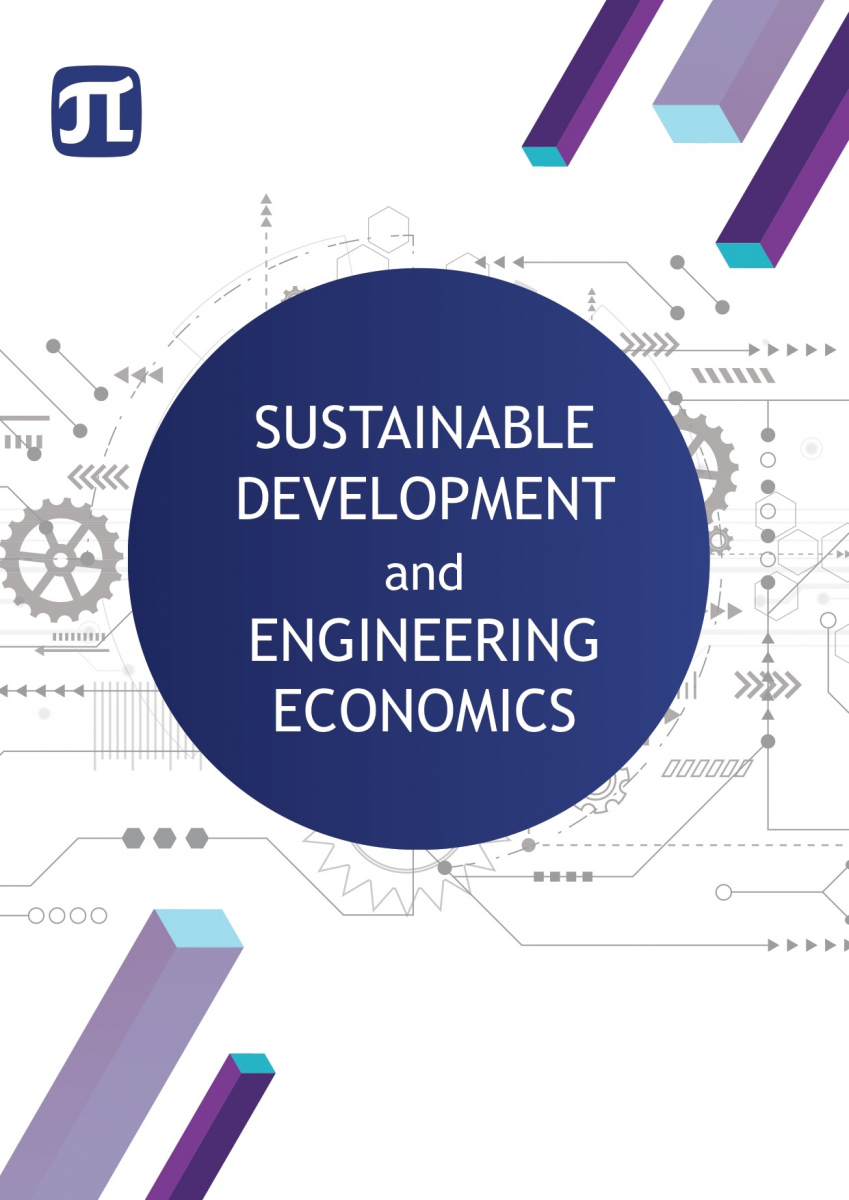The External Environment’s Influence on RES Development Intensity
The increasing energy consumption associated with scientific and technological progress has led to environmental concerns. The transition to renewable energy sources is a potential solution to mitigate the negative effects of energy consumption. This study’s objective is to determine the factors influencing the presence of renewable energy in countries’ energy systems and to describe the pattern of their influence. The validated regression model has a high coefficient of determination of 0.9034, indicating the model’s reliability in identifying factors influencing the presence of renewable energy in energy systems. The countries were divided into three groups based on their renewable energy usage level using cluster analysis, indicating the importance of the current usage for further development. The study found that the Human Development Index (HDI) is correlated negatively with the share of renewable energy in energy systems. An increase in the innovation index leads to the development of renewable energy. This study allows for an in-depth analysis of the individual countries in the sample and provides meaningful insights into the current state of renewable energy globally. Overall, this research helps to understand the factors influencing renewable energy usage, and the findings can be used to inform policy decisions regarding renewable energy development.


